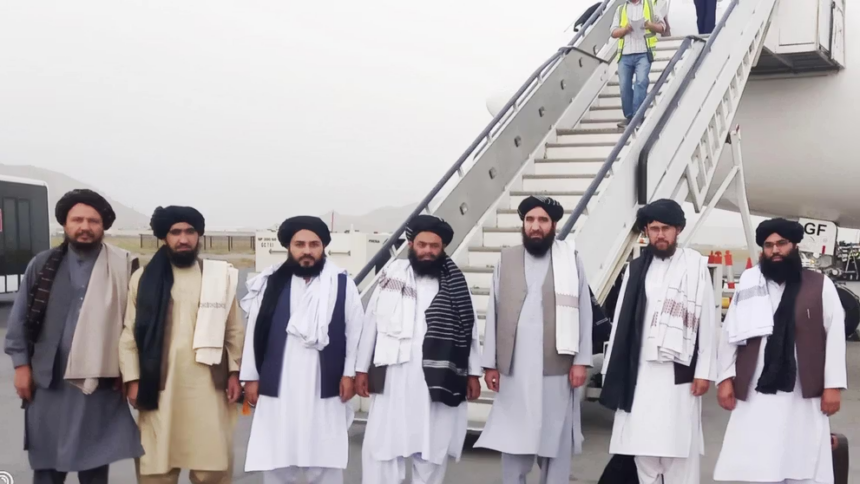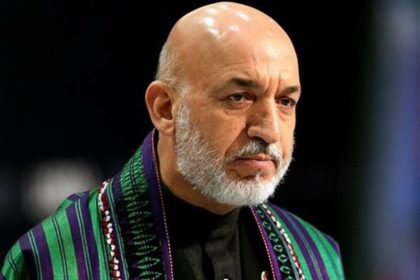RASC News Agency: The Taliban’s state-owned enterprise authority has declared that a high-level delegation, headed by Mullah Ahmad Jan Bilal, has traveled to the Russian Republic of Tatarstan to attend a two-day international conference on the oil and gas industry in Kazan. The group further announced that its acting Minister of Mines and Petroleum, Mullah Hedayatullah Badri, is among the participants, with the delegation reportedly scheduled to meet Tatarstan officials for discussions on potential avenues of industrial cooperation. Tatarstan, a semi-autonomous republic within the Russian Federation, has in recent years cultivated warmer ties with the Taliban, despite the regime’s deepening global isolation and continuing pariah status. Political observers underline that this outreach is less the initiative of Tatarstan itself than an extension of Moscow’s foreign policy. Russia remains the only major power to openly court the Taliban while stopping short of formal diplomatic recognition using its autonomous republics as proxies to gradually normalize Taliban participation in international forums.
Analysts argue that these calculated maneuvers serve Moscow’s geopolitical ambitions in Central Asia, while simultaneously gifting the Taliban a semblance of international legitimacy it desperately craves but has failed to secure. By positioning the Taliban on stages such as the Kazan oil and gas forum, Russia masks the reality that this group remains internationally unrecognized and domestically repressive, presiding over a collapsing economy and a society suffocated by authoritarian rule. Critics stress the glaring contrast between the Taliban’s jet-setting diplomacy abroad and the catastrophic conditions inside Afghanistan. With unemployment soaring, poverty deepening, and millions facing hunger, ordinary Afghanistani citizens see little benefit in foreign junkets by Taliban officials. The country’s vast mineral and energy resources, which could in theory form the backbone of a prosperous economy, are instead monopolized by networks close to the Taliban leadership. Rather than being channeled into public services, infrastructure, or health care, revenues from natural resources are siphoned off into patronage systems designed to cement the group’s power.
Concerns run particularly high over potential oil and gas deals negotiated under Taliban authority. Experts warn that such contracts are likely to be riddled with corruption, lacking the most basic standards of transparency and accountability. In practice, this would amount to the wholesale plunder of Afghanistan’s natural wealth, enriching Taliban elites and their foreign partners while depriving Afghanistani citizens of their rightful share. As one Kabul-based analyst noted, “These so-called agreements are not economic opportunities but instruments of exploitation. They serve as lifelines for the Taliban regime while condemning the Afghanistani people to deeper destitution.” Observers emphasize that the Taliban’s overseas engagements are, at their core, more theatrical than substantive. These trips are less about fostering genuine economic partnerships than about projecting an image of statehood to an international community that continues to deny the group formal recognition. By parading its representatives at international conferences, the Taliban attempts to mask the absence of responsible governance at home, where repression, censorship, and systemic exclusion define daily life.
In essence, the Taliban’s diplomacy is performative a desperate attempt to substitute foreign photo opportunities for real domestic progress. Until the regime addresses the crippling economic crisis, establishes transparent governance, and ends its systemic abuses, its international excursions will remain hollow spectacles: propaganda for the regime, but a betrayal of the Afghanistani people.






